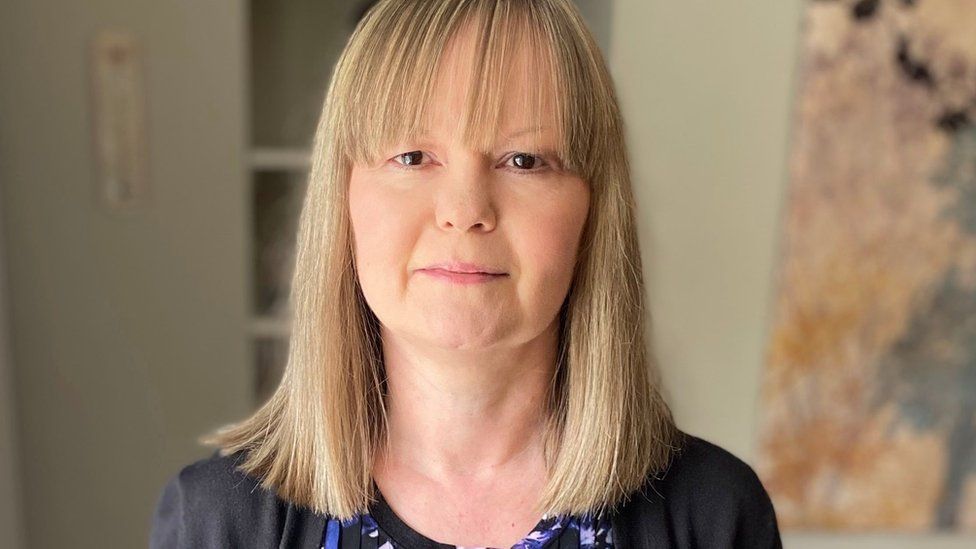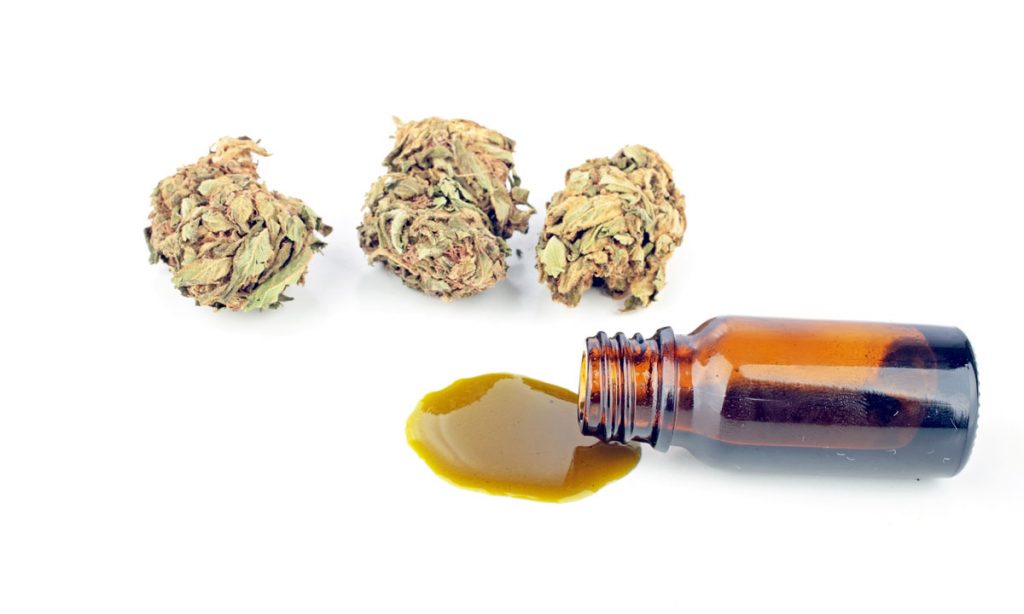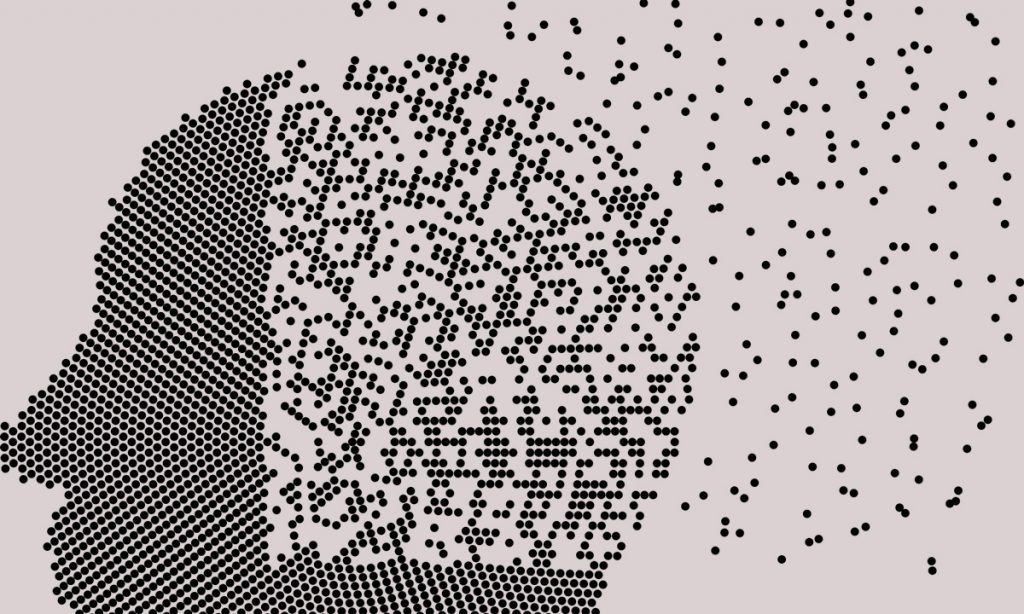Cannabis – both medical and recreational – are certainly on the rise. We know the kids are doing it, and we know adults are too. But what about our grandparents? These days, cannabis and seniors go together like… seniors and bingo!
Everyone uses cannabis these days, from seniors to athletes to medical patients and so on. And there are so many different kinds, that users can always find the products they need. It’s good to have options! For example, THC makes a lot of people couch-locked and anxious. This doesn’t happen with alternate form delta-8 THC. This form leaves users clear-headed and energetic, and without paranoia, making it ideal for those who struggle with standard THC. We have a plethora of awesome Delta-8 THC deals. Take a look, and pick the option right for you.
A little about the senior population of America
We don’t usually think of the geriatrics of America as being cool, or a part of pop culture. Though we conceptually understand that these older wrinkled people used to be young and beautiful – just like us – it’s hard to imagine a guy now taking baby steps with a walker, as the hard-bodied kid doing the jitterbug in the 50’s and 60’s. These days, once a person gets old and gray, it’s like they’re invalidated from present culture, often stuck in a home with other old folks to talk about their glory days. In some ways, we forget that they’re thinking, vibrant people. Until we become them.
In the 2010 US census bureau report, there were just over 40 million Americans living over the age of 65, approximately 13% of the population. This was up from 1985, when those over 65 took up 11% of the population. By July 1st, 2019, the number of those over 65 reached 54 million. It is expected by the year 2030, that citizens 65 years and older will account for an entire 20% of the population. Another publication puts the number at 95 million seniors by the year 2060, up to 23%. That’s now nearly a quarter of the population that is grandparent age.
But wait, living to 65 is hardly a big deal these days. A pretty large percentage of the population gets way past their mid-60s, and this population is growing at a staggering rate as well. In the year 1900, as few as 100,000 people lived to 85 or above. 110 years later, that number was up to 5.5 million in the 2010 census report. It is estimated that by the year 2050, senior citizens 85 and above will account for 5% of the country’s total population, 24% of the entire population of senior citizens, and reach approximately 19 million in numbers.







